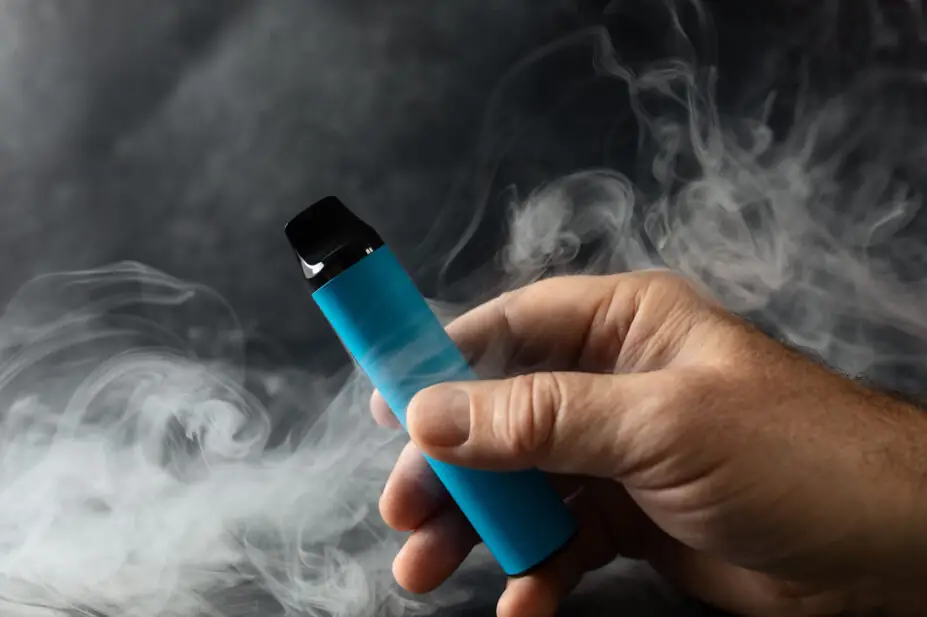
Shutterstock.com
Community pharmacies in Medway, Kent, are taking part in a smoking cessation pilot, using e-cigarettes as a quit aid, Community Pharmacy England (CPE) has announced.
Seven pharmacies are providing the locally commissioned service, in which smoking cessation advisers will provide patients with a voucher for a starter kit and up to a four-week supply of vape liquid.
In a case study published on 13 November 2024, CPE explained that patients can use the voucher to purchase a kit from a provider selected by the Medway Public Health Team.
Patients will be entitled to six nicotine replacement therapy products, but the service recommends vaping only in the short term as a quit aid.
“The pilot is in response to the government’s ambition for England to be smoke-free by 2030 and follows reflection by the Medway Public Health Team that, to achieve this, 50% of smokers will need to undertake a quit attempt every year,” CPE said.
“Smoking among adults in Medway has reduced to 12.7% and the pilot seeks to accelerate the local rate of smoking cessation to meet the government’s ambition, particularly for those disproportionately affected by the health and economic inequalities caused by smoking,” it added.
Mark Anyaegbuna, chief executive of Kent Local Pharmaceutical Committee, commented: “To accelerate smoking reduction in Medway and meet government targets, an integrated strategy involving vaping as a safer alternative is essential, especially given reduced pharmacotherapy options.
“This approach not only targets smoking reduction but also addresses health and economic inequalities, with community pharmacies playing a crucial role in supporting these efforts.”
Results from a Cochrane review, published in September 2023, suggested that e-cigarettes and the nicotine receptor partial agonists varenicline and cytisine were most effective in helping people quit smoking at six months or longer, with no clear differences in effectiveness between the three.
The review, which included data from more than 150,000 participants, revealed that 10–19% of people were likely to quit smoking using an e-cigarette, 12–16% using varenicline and 10–18% using cytisine.
Alastair Buxton, director of NHS services at CPE, commented: “Community pharmacies already play a significant role in supporting people to stop smoking, but we believe more value could be created by the sector at a population health level as well as benefits to individuals, in line with the government’s desire to achieve a smoke-free country and to reduce the use of vapes.
“To achieve this the current nationally commissioned service, which has very limited access criteria, should be expanded to an open-access scheme which all smokers and users of vapes could access.”
Caroline Cerny, deputy chief executive at Action on Smoking and Health, said: “Stopping smoking is not easy, but research shows that e-cigarettes are nearly twice as effective as nicotine replacement therapies, such as patches and gum, when used in a Stop Smoking Service setting.”
In November 2024, NHS England announced that varenicline will be made available again for NHS patients, three years after it was withdrawn owing to fears over a probable carcinogen.
Varenicline, which reduces nicotine cravings, was recommended as first-line treatment for smoking cessation until it was recalled in October 2021 by its manufacturer Pfizer, owing to the presence of unacceptable levels of nitrosamine compound N-nitroso-varenicline, a probable human carcinogen.


